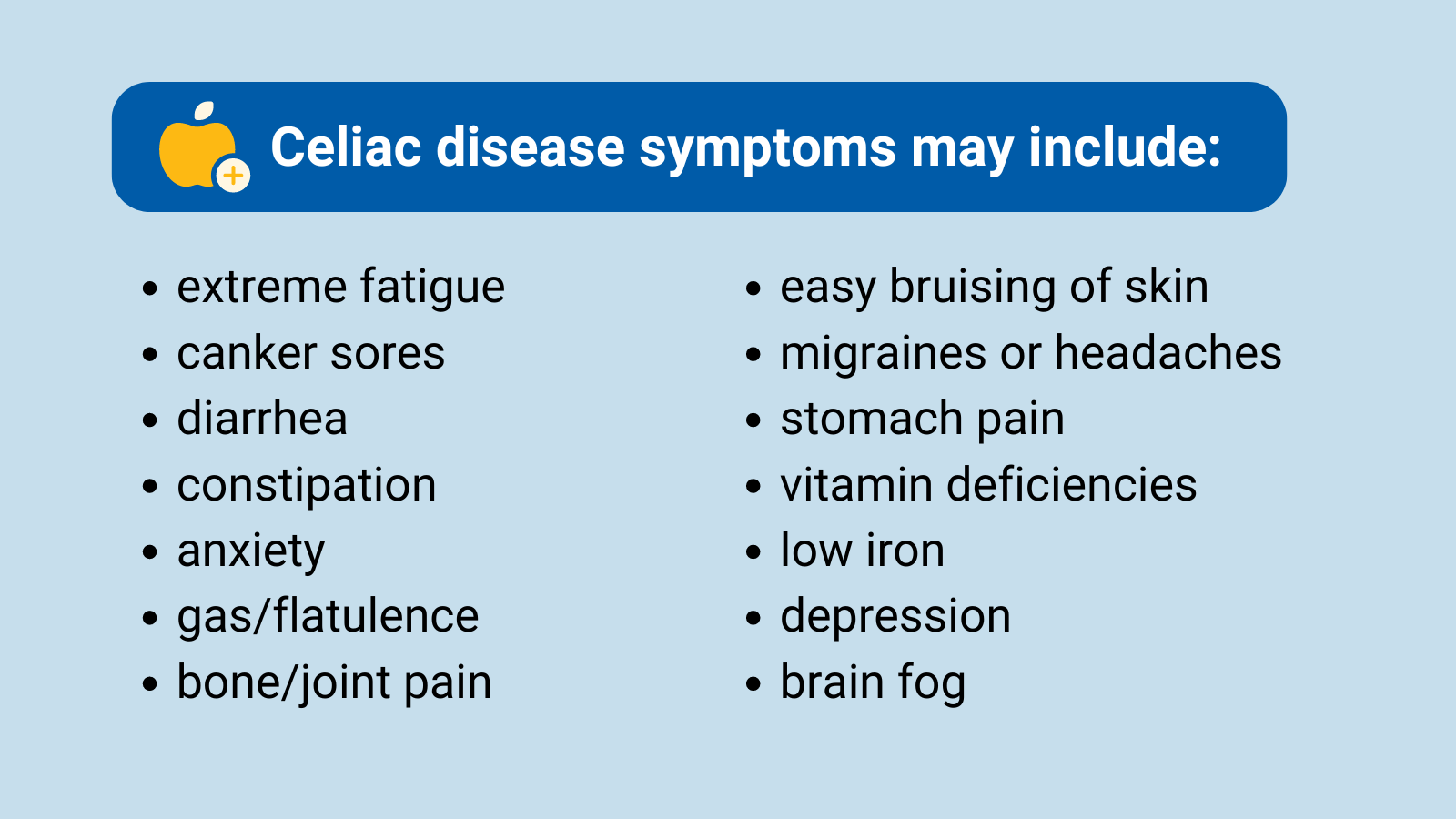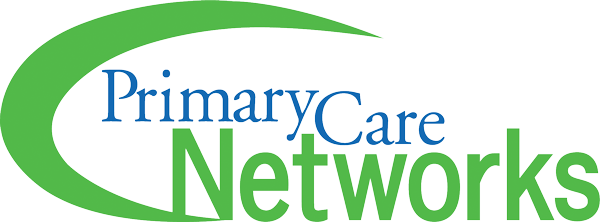Celiac Awareness Month: Empowering health through support and screening
If you think you may be one of the 1% of Canadians who has celiac disease, you can access support through your family doctor and Alberta Primary Care Networks — you are not alone.
Whether you’re experiencing symptoms of celiac disease, getting screened or have received a diagnosis, you can access nutrition support through a variety of free online workshops. Additional support through your local PCN may also be available, such as appointments with nurses or dietitians.
Screening for celiac disease
If you’re planning to be screened, you may need to stay on a diet containing gluten to get accurate results. Already cut gluten from your diet? The “gluten challenge” — which includes reintroducing gluten — may be a necessary step to avoid a false-negative test, which can prolong your diagnosis and treatment.The gluten challenge involves reintroducing gluten to see if your body produces antibodies showing you have celiac disease. If you’ve been identified to undergo the gluten challenge, you can expect to do the challenge for a minimum of two weeks – perhaps eight weeks – prior to screening.
A common recommendation during the gluten challenge is to eat a minimum of 3g of gluten daily, which may include:
- 1.5 to 2 slices of wheat bread, or
- 3/4 cup of wheat pasta, or
- 12 to 15 wheat crackers
“Reintroducing gluten can be uncomfortable for many people. Spreading gluten out throughout the day may help to ease symptoms and make the gluten challenge more tolerable,” says Heather Kearney, PCN registered dietitian.
If you find your symptoms are unmanageable during the gluten challenge, talk to your family doctor about other options that may be available for celiac disease screening.

Benefits of celiac screening
Celiac disease is an autoimmune disorder that causes damage to the small intestine when gluten is ingested. A diagnosis can help you better understand:
- Health risks – undiagnosed and untreated celiac disease can increase risks of conditions like malnutrition, anemia, osteoporosis, infertility, autoimmune diseases and some cancers.
- Genetics – celiac disease is genetic. This means if you have celiac disease, your family members have a higher chance of developing the disease and may be interested in screening.
- Diet and lifestyle – a celiac diagnosis will help you understand how careful you need to be about gluten, cross-contamination and making long-term dietary changes.
- Tax benefits – gluten-free food can be more expensive. There are tax benefits to assist with the increased cost of purchasing gluten-free food.
Talk to your family doctor
If you are experiencing symptoms of celiac disease talk to your family doctor. In addition to Alberta PCN workshops, there are also workshops available through AHS to support patients with celiac disease.
